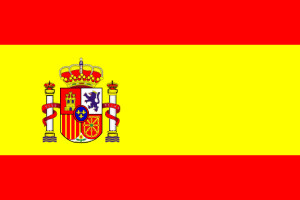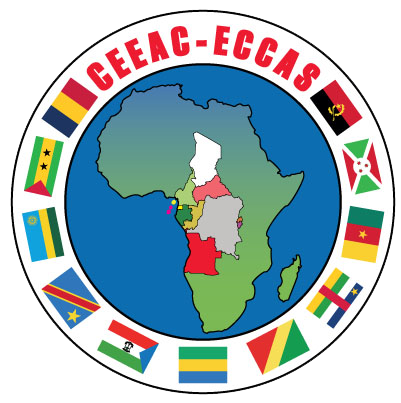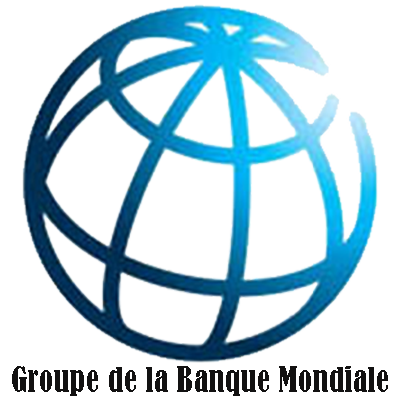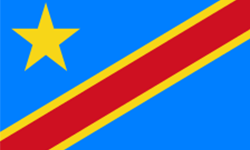ANGOLA ASSESSES ESSENTIAL CAPACITIES FOR IMPLEMENTATION OF THE INTERNATIONAL HEALTH REGULATIONS (IHR 2005)
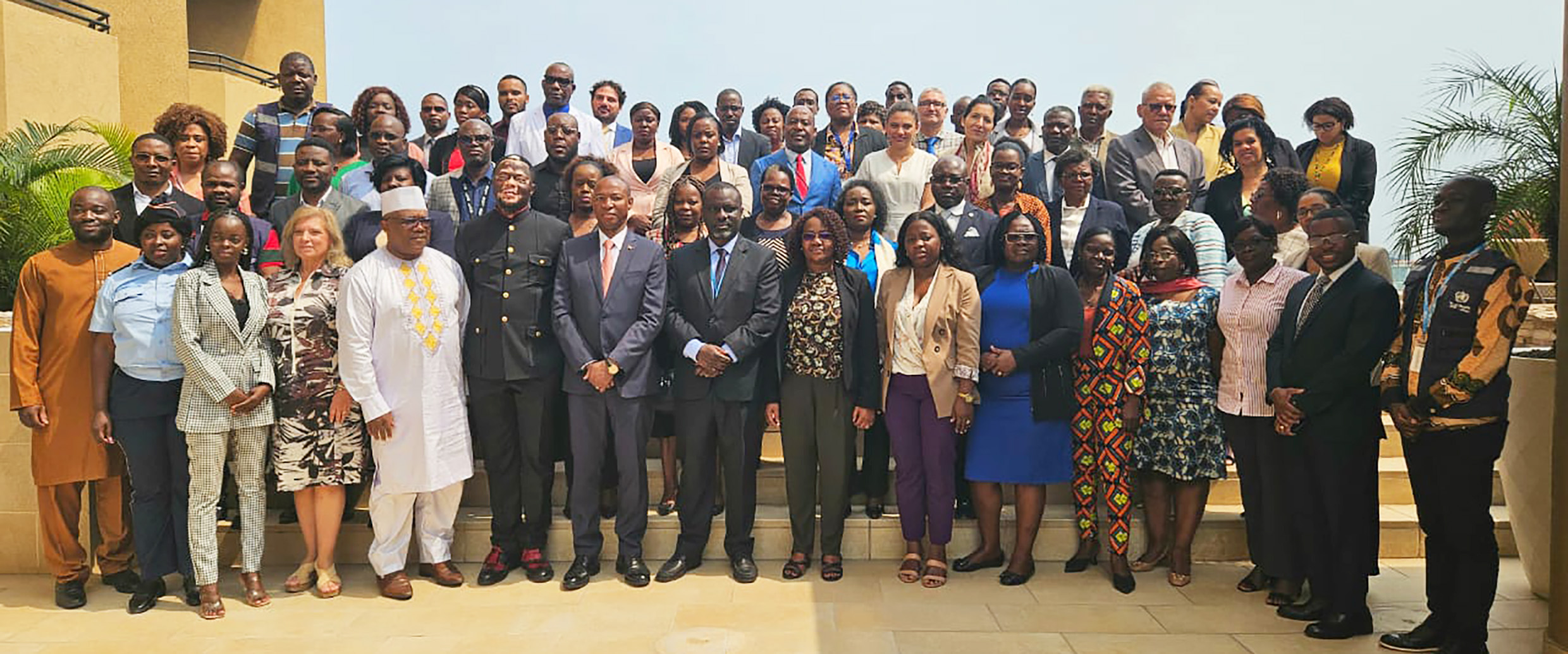
The Angola’ Ministry of Health, through the National
Directorate of Public Health, is organizing a Joint External Evaluation (JEE)
workshop from September 25, aimed at independently assessing the country's core
capacities in terms of compliance with the International Health Regulations
(IHR) 2005.
The opening ceremony was chaired by H.E. Dr Leonardo
Europeu Inocêncio, Secretary of State in charge of Health for Hospital Sector
who represented H.E. Dr Sílvia Paula Valentim Lutucuta, Minister of
Health.
Also attending the opening ceremony were Dr. Humphrey Karamagi, acting WHO representative in Angola, and Dr. Catarina Aragão, representing the World Bank's Health Projects Portfolio Operations Manager in Angola.
Photo of the official opening of the IHR 2005 Joint External Evaluation workshop
In his opening remarks, H.E. Dr Leonardo Europeu
Inocêncio, underlined the importance of this evaluation and Angola's commitment
to Universal Health Coverage. "We
must always be attentive to issues that put public health at risk", he
remarked. He also recalled that thanks
to this assessment, Angola will gain in terms of preparedness, response and
monitoring of health risks.
During this event, which will run until September 29, 2023, a multidisciplinary team of experts from WHO, FAO, ECCAS and other national and international institutions will analyse, discuss and assign the final classification to the nineteen technical areas of the assessment tool with their peers from Angola. During this exercise, field visits are also planned to the infrastructures concerned within the framework of the RSI-2005.
The aim of the JEE is to assess the specific state of
the countries, the progress made in setting up the essential capacities
required in the IHR 2005 and, above all, to recommend priority actions to be
adopted in the 19 technical areas assessed to prevent, detect and respond rapidly
to risks and guarantee national and international health security to actual or
potential public health events.
The following areas will be analysed: legal
instruments; finance; IHR coordination (2005); antimicrobial resistance; zoonosis,
food safety, biosafety and bio protection; immunization; national laboratory
system; surveillance; human resources; health emergency management; links
between public health authorities and safety, health service delivery;
infection prevention and control; risk communication; points of entry; chemical
incidents; radiological emergencies.
The recommendations of this evaluation will form part
of the report that will serve as the basis for updating the National Action
Plan for Health Safety.
This Joint External Evaluation in Angola was organized
within the framework of the Technical Assistance Agreement signed between the
Commission of the Economic Community of Central African States (ECCAS) and the
World Health Organization, Africa Office, as part of the implementation of the
activities of the World Bank-funded Project for Strengthening Regional Disease
Surveillance Systems in Central Africa, Fourth Phase (REDISSE IV).
With financial support from the REDISSE IV Project,
this exercise, which involves all five REDISSE IV beneficiary countries, was
also carried out in Chad and the Central African Republic, in July and August
respectively. The Republic of Congo and
the Democratic Republic of Congo will close the exercise in October 2023.
Laissez un commentaire
Votre adresse de messagerie ne sera pas publiée. Les champs obligatoires sont indiqués avec *







